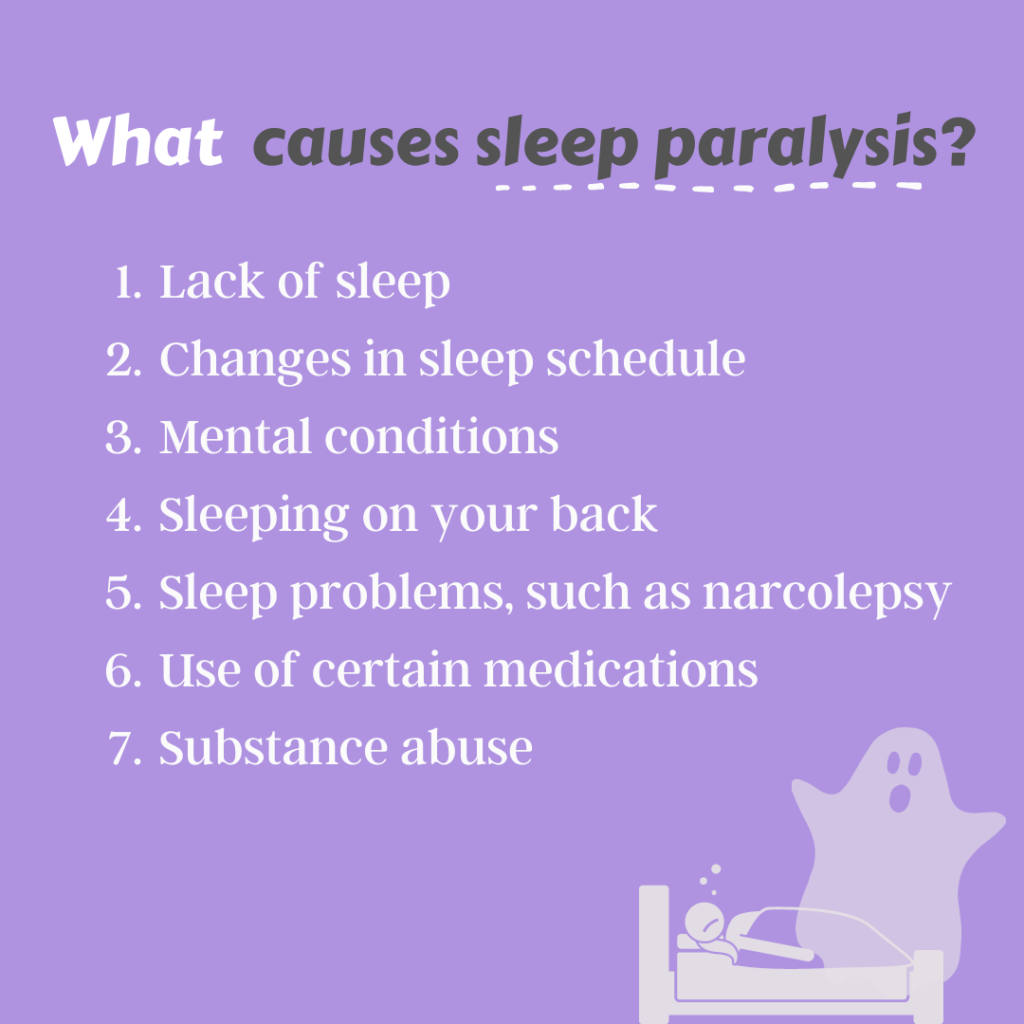Sleep paralysis, a common yet unsettling experience, leaves individuals awake but unable to move or speak. It’s as if you’re trapped in a twilight zone between wakefulness and slumber, fully conscious yet physically immobilized. Describing this strange phenomenon in a foreign language can be equally perplexing.

Image: www.mindzoneapp.com
If you’re wondering how to express sleep paralysis in Spanish, let’s delve into the intricacies of this linguistic dilemma.
Parálisis del Sueño: Understanding the Terminology
The Spanish term for sleep paralysis is parálisis del sueño. It directly translates to “paralysis of sleep,” capturing the essence of this condition. Parálisis refers to the inability to move, while sueño signifies sleep.
In Spanish-speaking countries, the term ataque de parálisis del sueño is also commonly used. This phrase translates to “sleep paralysis attack,” emphasizing the sudden and often frightening nature of this experience.
Exploring the Causes and Symptoms of Sleep Paralysis
Sleep paralysis typically occurs during transitions between sleep and wakefulness, particularly upon falling asleep or waking up. It’s caused by a temporary desynchronization between the brain and body, where the brain awakens but the muscles remain in a state of sleep paralysis.
During an episode of sleep paralysis, you’ll be fully aware and alert, yet unable to move your limbs or speak. You may also experience vivid hallucinations, often involving shadowy figures or a sense of pressure on your chest. These hallucinations can be frightening, but it’s important to remember that sleep paralysis is harmless and typically lasts for only a few minutes.
Tips for Coping with Sleep Paralysis
If you experience sleep paralysis, there are several strategies you can employ to cope:
- Stay Calm: Panicking can worsen the experience. Remind yourself that it’s temporary and harmless.
- Focus on Breathing: Try to control your breathing and take deep breaths. This can help reduce anxiety.
- Attempt to Move: Once you realize you’re experiencing sleep paralysis, try to move your fingers or toes. This can help break the paralysis.
If sleep paralysis persists or becomes frequent, consider consulting a sleep specialist. They can rule out any underlying sleep disorders and provide personalized advice for managing this condition.

Image: knowledgelands.com
Frequently Asked Questions about Sleep Paralysis
- Q: Is sleep paralysis dangerous?
A: No, sleep paralysis is generally harmless and subsides on its own within a few minutes. - Q: How common is sleep paralysis?
A: It’s estimated that up to 40% of the population has experienced sleep paralysis at least once. - Q: Can sleep paralysis be prevented?
A: While there’s no guaranteed way to prevent sleep paralysis, getting enough sleep, maintaining a regular sleep schedule, and avoiding alcohol and caffeine before bed can help reduce its likelihood.
How To Say Sleep Paralysis In Spanish
Conclusion
Understanding how to say sleep paralysis in Spanish and exploring the ins and outs of this phenomenon can empower us to navigate this perplexing experience more effectively. Whether you’re experiencing it yourself or supporting someone who is, remember that sleep paralysis is temporary and manageable. By staying calm, using coping strategies, and educating ourselves, we can alleviate the fear and anxiety associated with it.
Now, we invite you to share your experiences or ask any lingering questions about sleep paralysis in the comments section below. Your insights and engagement help us build a community of informed readers and cultivate a deeper understanding of this topic. Let’s continue the conversation and empower each other!